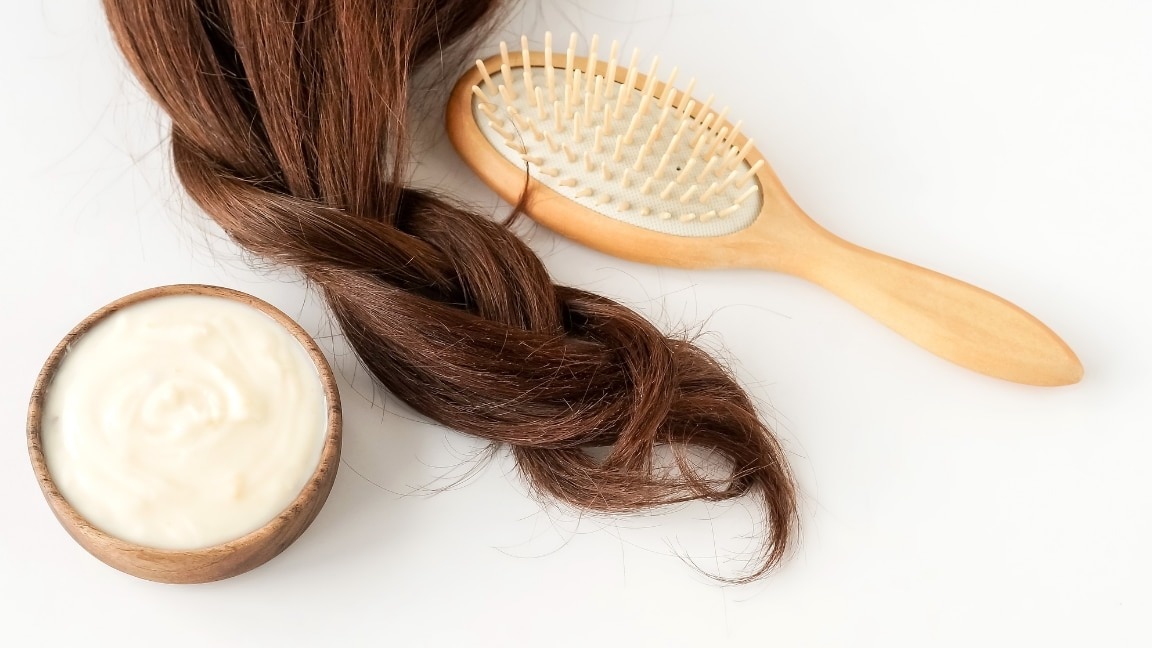- 01 What Causes Dandruff ?
- 02 Why Choose a Hair Mask for Dandruff?
- 03 How to Remove Dandruff from Hair Naturally with Hair Masks
- 04 Natural Product Boost: What Works Alongside DIY Masks
- 05 How to Get Rid of Dandruff Naturally: Pro Tips
- 06 Common Mistakes to Avoid When Using DIY Hair Masks for Dandruff
- 07 Final Thoughts
- 08 FAQs
Dandruff is more than just a mild scalp concern—it's a persistent issue that affects confidence and comfort. From flakes on your shoulders to constant itchiness, dandruff can be frustrating and hard to treat. While there are several anti-dandruff shampoos on the market, many people today are turning to natural, homemade solutions that are gentle, effective, and free from harsh chemicals. Enter: the homemade hair mask for dandruff . This guide breaks down how to remove dandruff from hair naturally using DIY hair masks with ingredients straight from your kitchen. You'll find step-by-step remedies, tips on what to avoid, and product recommendations that work well in tandem with your homemade care — perfect for anyone looking for how to get rid of dandruff naturally.






